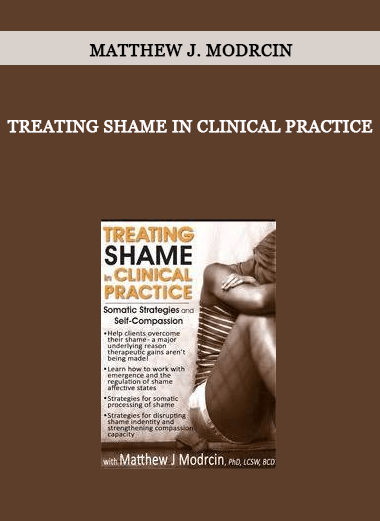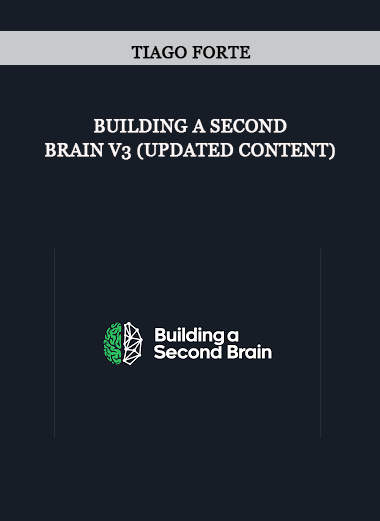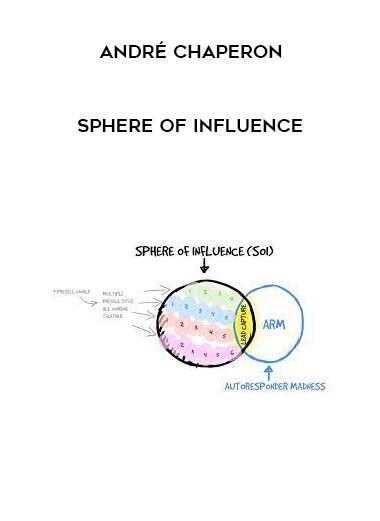Courses Infomation
Formal Spoken Arabic by Karin C. Ryding
Formal Spoken Arabic by Karin C. Ryding
**More information:
Description
This Arabic language-learning classic is now enhanced with a bound-in CD of MP3 files. Designed to provide beginners in Arabic with maximum linguistic and cultural exposure in a short period (about 100 hours of contact time), this book consists of sixteen lessons with dialogs and exercises dealing with day-to-day scenarios: greeting people, getting a taxi, making phone calls, asking directions, discussing the weather, and effectively communicating with police and duty officers. The lessons help the reader to navigate situations at gas stations, marketplaces, restaurants, and in their own households. Formal Spoken Arabic (FSA) is a kind of lingua franca that is more natural than speaking Modern Standard Arabic (MSA), the literary form of the language. FSA uses the shared features of the various urban colloquial dialects, defaulting to Levantive (terms common to Lebanon, Syria, and Jordan) where the spoken dialects diverge. Each lesson includes cultural notes on American-Arab interactions, notes on learner strategies for managing Arabic conversations with a limited amount of language, and grammar explanations in clear, non-technical language.
Although the main dialogue for each lesson is presented in Arabic script, transcriptions are used to accelerate spoken performance. “The FAST Course” includes grammatical explanations, English-Arabic and Arabic-English glossaries, appendices listing common idioms, courtesy expressions and other useful terms, instructor’s notes, and drills aided and accompanied by the CD. Originally created for diplomats, this is an expanded and enhanced edition of a work originally developed by the U.S. State Department as a six-week intensive, or “FAST” (Familiarization and Short-Term) course, and is easily adaptable for students in Middle East area studies. Travelers heading for posts in the Arab world who quickly need to gain a basic ability to converse in day-to-day situations will find Formal Spoken Arabic FAST Course an invaluable companio
Salepage : Formal Spoken Arabic by Karin C. Ryding
About Author
Karin C. Ryding
Karin Christina Ryding is professor emerita of Arabic linguistics in the Department of Arabic and Islamic Studies at Georgetown University. She holds a B.A. from Middlebury College, M.A. from The American University of Beirut, and Ph.D. from Georgetown University. From 1980-86, she was head of Arabic training at the State Department’s Foreign Service Institute. From 1995-98 she served as Dean of Interdisciplinary Programs at Georgetown University. From 1996-2002, she was a member of the Georgetown University Board of Governors.
From 1991-1995, 1998-2000 and from 2002-2004, she was chair of the Department of Arabic and Islamic Studies at Georgetown, and from 1995-2008, she held the Sultan Qaboos bin Said Professorship of Arabic. Principal publications include A Reference Grammar of Modern Standard Arabic (Cambridge University Press, 2005), Formal Spoken Arabic: Basic Course (Georgetown University Press,1990, second edition, 2005), Formal Spoken Arabic: FAST Course (Georgetown University Press, 1993, reprint, 2004), in addition to many published articles on Arabic linguistics and Arabic as a foreign language.
Ryding is a past president (2007-2008) of the American Association of Teachers of Arabic (AATA), as well as a three-term member of the AATA Executive Committee. From 2005-07, she was principal investigator and project adviser to the Arabic Language Flagship Project at Georgetown, a full-year intensive Arabic program to bring students from the intermediate to advanced or superior level of proficiency. Ryding currently sits on the Executive Council of the Modern Language Association (MLA), was a member of the MLA’s Association of Departments of Foreign Languages (ADFL) Executive Committee from 1995-98, and was on the MLA Ad-Hoc Committee for Foreign Languages from 2004-06. She currently sits on the board of directors for Georgetown University Press, the national advisory board of the National Middle East Language Resource Center (NMELRC, and the committee on membership services and information technology of the Linguistic Society of America (LSA).
































Reviews
There are no reviews yet.